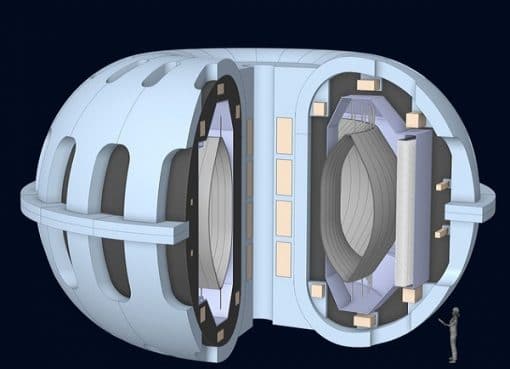The beneficial environmental impacts of a ban on new petrol and diesel cars will be heavily dependent on how electric vehicle batteries are manufactured and how the electricity they use is generated, researchers have said.
The team from Chalmers University of Technology, Sweden, looked at emissions from the entire life cycle of vehicles and compared it to their country’s 2050 net-zero climate ambitions. This included the manufacture of the vehicles themselves, the batteries and the electricity used for operation.
“The lifespan of the cars currently on the roads and those which would be sold before the introduction of such a restriction mean that it would take some time – around 20 years – before the full effect becomes visible,” said Johannes Morfeldt, lead author of the study.
To have the desired effect, a ban would either need to be introduced earlier, e.g. by the year 2025, or if the ban is not brought in until 2030 then the use of biofuels in petrol and diesel cars needs to increase significantly before such time.
The combination of these two measures would have the effect of achieving zero emissions from passenger vehicles and adhering to Sweden’s climate targets.
“The results from our study show that rapid electrification of the Swedish car fleet would reduce life cycle emissions, from 14 million tonnes of carbon dioxide in 2020 to between 3 and 5 million tonnes by the year 2045. The end result in 2045 will depend mainly on the extent to which possible emission reductions in the manufacturing industry are realised,” Morfeldt added.
“There are relatively good opportunities to reduce emissions from global battery manufacturing. Our review of the literature on this shows that average emissions from global battery manufacturing could decrease by about two thirds per kilowatt hour of battery capacity by the year 2045. However, most battery manufacturing takes place overseas, so Swedish decision-makers have more limited opportunities to influence this question,” Morfeldt said.
From a climate perspective, it does not matter where the emissions take place and the risk with decisions taken at a national level for lowering passenger-vehicle emissions is that they could lead to increased emissions elsewhere – a phenomenon sometimes termed ‘carbon leakage’.
In this case, the increase in emissions would result from greater demand for batteries and the risk is thus greater the higher the emissions from battery production.
In that case, the Swedish decision would not have as great an effect on reducing the climate impact as desired. The life-cycle emissions would end up in the upper range – around 5 million tonnes of carbon dioxide instead of around 3 million tonnes. Due to this, there may be reason to regulate emissions in both vehicle and battery production, from a life cycle perspective.
“Within the EU, for example, there is a discussion about setting a common standard for the manufacture of batteries and vehicles, in a similar way as there is a standard that regulates what may be emitted from exhausts,” Morfeldt said.
The study finds that given Sweden’s low emissions from electricity production, a ban on sales of new fossil fuel-powered cars would indeed result in a sharp reduction of the total climate impact, regardless of how the manufacturing industry develops.
Source: E&T










